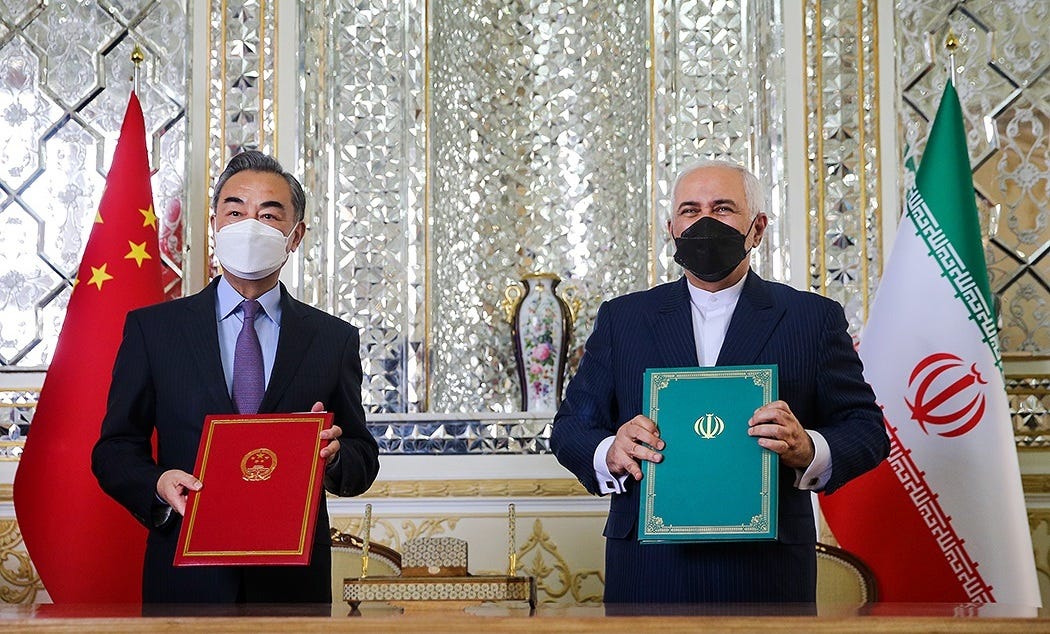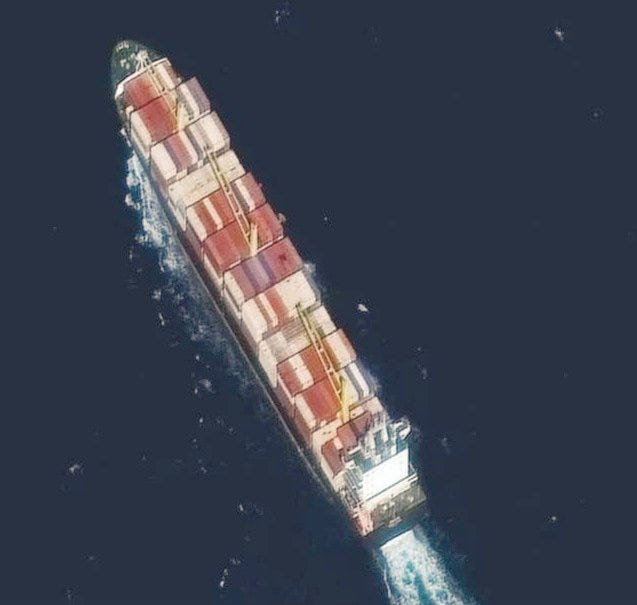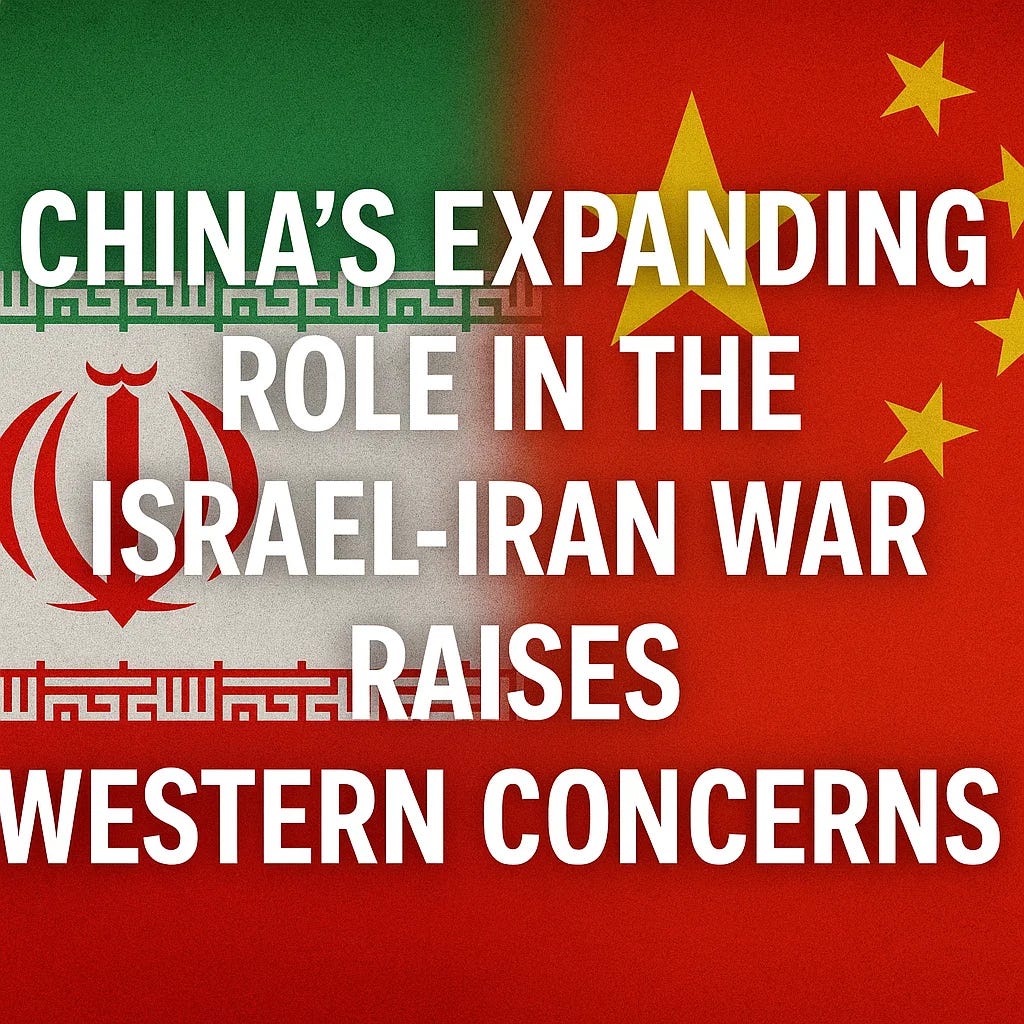China’s Expanding Role in the Israel-Iran War Raises Western Concerns
Beijing’s support for the Iranian regime and criticism of Israel highlight a growing challenge to Western interests and regional stability
China’s Calculated Position in the Israel-Iran Conflict
As the Israel-Iran conflict escalates, China has emerged as a vocal critic of Israel and a steadfast supporter of the Islamic Republic of Iran, positioning itself as a counterweight to U.S. and Western influence in the Middle East. While the world’s attention is fixed on the direct military confrontation, Beijing’s calculated maneuvers, spanning diplomatic posturing, economic entanglement, and strategic investments, signal a broader ambition to reshape the regional and global order in ways that threaten Western interests and stability.
Diplomatic Rhetoric and Principles
China’s official response to the conflict has been to condemn Israeli strikes on Iranian military and nuclear sites, framing them as violations of Iranian sovereignty and international law. Chinese officials, including Foreign Minister Wang Yi and UN Ambassador Fu Cong, have warned that Israeli actions set a “dangerous precedent” and risk destabilizing the region. Beijing repeatedly calls for restraint and dialogue, invoking the Five Principles of Peaceful Coexistence and presenting itself as a responsible global actor. However, this rhetoric is less about genuine mediation and more about undermining Western legitimacy and appealing to non-aligned nations, while carefully avoiding any real commitment that might jeopardize Chinese interests.
Energy Security, Economic Leverage, and Military Technology
China’s deep economic ties with Iran are central to its strategic interests. Iran is a critical supplier of oil to China, accounting for over 10% of Chinese crude imports. By purchasing discounted Iranian oil, often through sanctions-evading “shadow fleets,” China saves billions and provides Iran with a vital economic lifeline. The 25-year Iran-China Cooperation Program solidifies this relationship, with China committing $400 billion in exchange for energy and infrastructure access. These economic flows directly undermine U.S. sanctions and help sustain the Iranian regime.

More troubling for Western interests, China has become a key enabler of Iran’s ballistic missile program, supplying thousands of tons of ammonium perchlorate and other critical materials used for solid-fuel missile production. Recent shipments from Chinese firms are sufficient to produce up to 800 ballistic missiles, some of which are likely to be transferred to Iranian proxies. U.S. intelligence has confirmed that Chinese military technology and missile components have also reached the Houthis in Yemen, enabling their missile and drone attacks on regional targets, including Israel, and threatening vital shipping lanes in the Red Sea.

Belt and Road Initiative and Regional Influence
Iran is a key node in China’s Belt and Road Initiative, serving as a critical link for energy, trade, and supply chains between Asia and Europe. The stability of the Iranian regime’s infrastructure and maritime routes, such as the Red Sea, is vital to Chinese interests. Beijing’s investments in Iranian infrastructure and its push for regional integration through the Shanghai Cooperation Organization and BRICS are designed to entrench Chinese influence and challenge the Western-led order.
Challenges and Strategic Limits
Despite its ambitions, China’s real leverage in the conflict remains limited. Its offers to mediate are largely symbolic, as the U.S. retains the dominant security role in the region. Beijing’s selective invocation of non-interference, condemning Israel while ignoring Russian aggression in Ukraine, exposes the self-serving nature of its foreign policy. China’s reluctance to provide hard security guarantees to Iran further underscores its unwillingness to risk direct confrontation with the West.
Navigating Interests and Influence
China’s involvement in the Israel-Iran war is not the work of a neutral mediator, but of a power seeking to expand its global footprint at the expense of Western security and influence. By leveraging economic ties, diplomatic rhetoric, and strategic investments, Beijing is positioning itself as an alternative to the U.S.-led order, while simultaneously undermining the effectiveness of Western sanctions and emboldening Iran. The conflict is a stark reminder that, despite its ambitions, China’s influence remains constrained by American power, but its growing assertiveness poses a long-term challenge that the West cannot afford to ignore.



